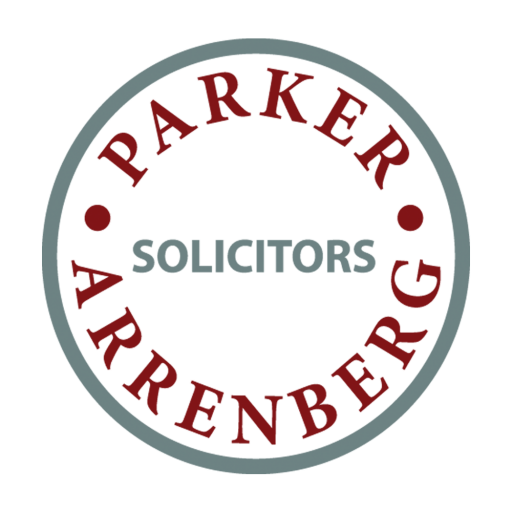Conveyancing simply put is the legal process where a property is transferred from one owner to another. For those who are buying their first home or even those who have purchased a property before, the process can be overwhelming and stressful.
There is a lot to do at each stage of the transaction, such as a making mortgage application, providing various financial documents to your solicitor and mortgage lender, as well as reading through various documents prepared by the solicitor, this usually contains the contract as well as reports on the property from searches.
A standard conveyancing process can take up to 6-8 weeks however it may take longer depending on the complexity of the matter. Therefore, this time frame is only a guideline for straightforward transactions.
There are 5 states to the conveyancing process.
Stage 1
Instructing a solicitor to represent you in your conveyancing process. You can do this at any time before you make an offer on a property or after your offer has been accepted. In any event, is best to look around at who you want to instruct and ensure they are on the panel of your lender.
Stage 2
Your solicitor will receive relevant documents regarding the property from the seller and will raise any enquiries to clarify any points of discrepancies. Your solicitor will also carry out searches and report back to you if there are any points of concern.
Stage 3
Securing your mortgage. You may wish to apply for your mortgage at any time once your offer has been accepted. However, part of the conveyancing process is for your lender to carry out a valuation on your property, to ensure that the property is worth the amount it is being purchased for and to protect their interest in lending you money for the property.
This stage will require your involvement and so be prepared to provide information and any relevant document to meet the lender’s needs.
Stage 4
Exchange of contracts. Your solicitor will send you the relevant documentation for you to review and sign in readiness for the exchange of contracts. The exchange of contracts will happen once all the searches have been reported on and all enquiries have been clarified, as well as all finances are in place in readiness for the final stage.
Stage 5
The final stage is completion, which is when your solicitor completes the transaction and funds are transferred to the relevant parties and keys are then handed over.
Your solicitor will deal with any relevant post-completion tasks such as paying stamp duty and registration of property ownership with the land registry.
It is important to choose a conveyancer who is on the panel of lenders for your mortgage provider. Aside from this you should also choose a trusted solicitor who is experienced in all sorts of conveyancing transactions.
Contact Our Conveyancing Solicitors
If you would like to discuss any questions raised in this article or would like to talk to one of our specialist Conveyancing lawyers regarding a leasehold matter, please do not hesitate to get in contact with one of our property team. Call us on 020 8695 2330, email us at reception@parkerarrenberg.co.uk or make an online enquiry and we will call you.
Please note that this article is not intended as legal or professional advice. This is a general news article only and updates to the law may have changed since it was published.


